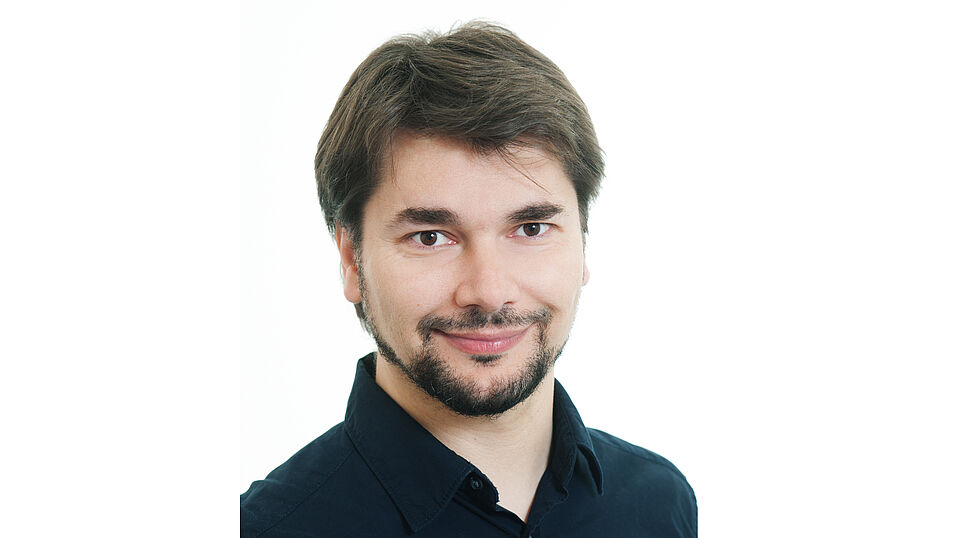Materials with nanometer-size pores: New opportunities for healthcare and sustainable technologies
The physical notion of porosity in a solid and the phenomenon of absorption of a fluid in a porous object are quite familiar to all of us. Wide varieties of natural or synthetic solids, compounds and materials are porous, e.g. minerals, wood, seashells, bones, carbons, porous glass, resins and polymers. Also, synthetic porous materials have been extensively applied in many industries, such as chemical, oil and gas, food and pharmaceutical industries. Nevertheless, the size and the volume of the pores in a given material have a dominant influence on the chemical and physical properties of the solid. Materials with pores in the nanometer range, e.g. nanoporous materials, can provide significant advantages owing to their very high specific surface area and the presence of well calibrated nanosized pores, which is suitable to carry out size- or shape-selective reactions or processes involving transport of chemical and biological species. These materials are therefore of great interest for their application as selective adsorbents, solid catalysts, materials for biomedical technologies or hosts for nanoscale objects (nanoparticles, biomolecules, etc.). This overview lecture will present some recent synthesis strategies for the design of functional nanoporous hybrid organic-inorganic solids and the opportunities they can offer as new components in greener technologies or as advanced healthcare materials for more targeted therapy.
Since 2016 Freddy Kleitz holds a Professorship in Inorganic Chemistry at the Faculty of Chemistry. He ist Head of the Department of Inorganic Chemistry - Functional Materials: https://functionalmaterials.univie.ac.at/en/
*** Die Antrittsvorlesung findet im Rahmen des Fakultätstages der Fakultät für Chemie statt. ***

